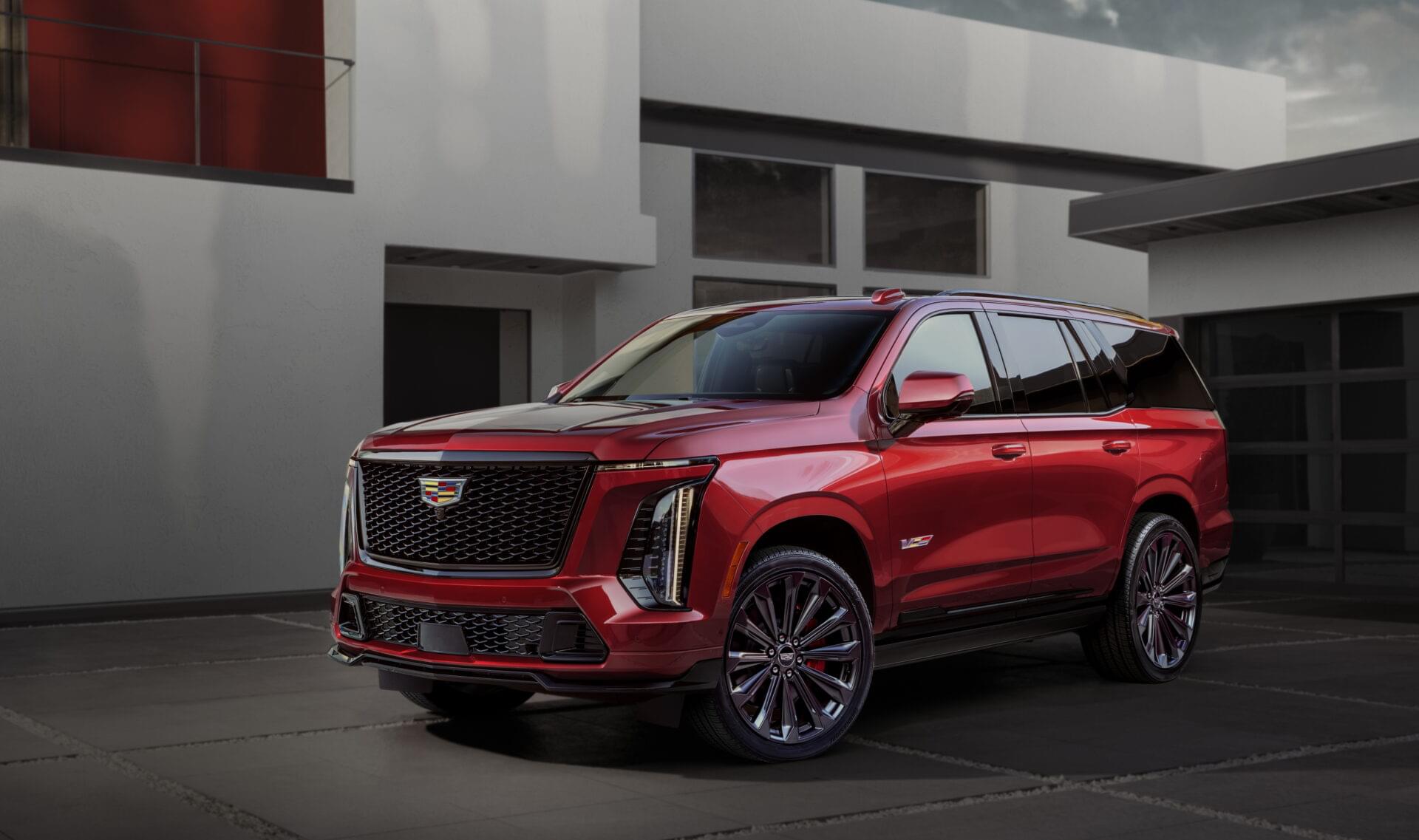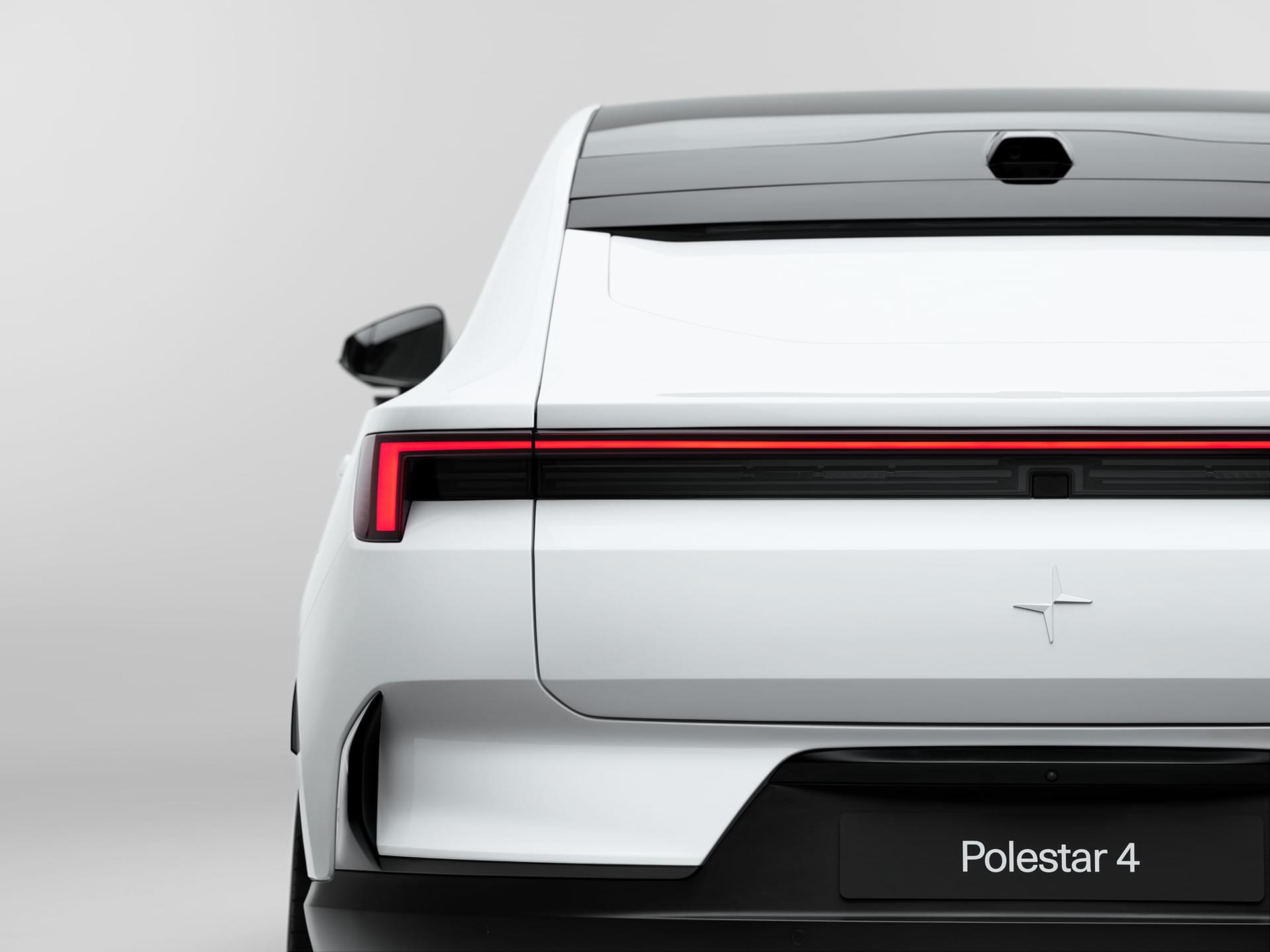The Ultimate Electric Vehicle Buying Guide: Your Roadmap to a Greener Future
sunnY123 April 22, 2024 0 COMMENTS
In today’s world, where sustainability is becoming increasingly vital, electric vehicles (EVs) have emerged as a front runner in the quest for eco-friendly transportation. With their zero-emission performance and lower operational costs, EVs are not just vehicles; they’re a statement towards a cleaner, greener future. However, navigating the world of electric vehicle ownership can be daunting, especially for first-time buyers. That’s why we’ve crafted this comprehensive Electric Vehicle Buying Guide to help you make informed decisions and embark on your journey towards sustainable mobility.
Understanding Electric Vehicles: Before diving into the buying process, it’s crucial to grasp the basics of electric vehicles. Unlike conventional gasoline-powered cars, EVs run on electric motors powered by rechargeable batteries. These batteries store electricity, allowing EVs to operate without producing tailpipe emissions. Additionally, EVs often feature regenerative braking systems, which capture energy during braking and store it back into the battery, enhancing efficiency.
Assessing Your Needs: The first step in purchasing an EV is to evaluate your driving habits and lifestyle requirements. Consider factors such as daily commute distance, frequency of long trips, available charging infrastructure, and budget. Understanding your needs will help narrow down your options and ensure you choose an EV that aligns with your lifestyle.
Types of Electric Vehicles: Electric vehicles come in various forms to cater to different preferences and needs. The three primary types of EVs are:
Battery Electric Vehicles (BEVs): These EVs are solely powered by electric batteries and do not have an internal combustion engine.
-
- Plug-in Hybrid Electric Vehicles (PHEVs): PHEVs combine an electric motor with a gasoline engine, offering both electric and gasoline-powered driving modes.
- Hybrid Electric Vehicles (HEVs): HEVs utilize a combination of an internal combustion engine and an electric motor, with the battery being charged through engine operation and regenerative braking.
Range and Charging Infrastructure: Range anxiety, the fear of running out of battery charge while driving, is a common concern for prospective EV buyers. Assess the range offered by different EV models and determine whether it meets your daily driving needs. Additionally, consider the availability of charging infrastructure in your area, including home charging options and public charging stations, to ensure convenient charging access.
Financial Incentives and Cost Considerations: Explore available financial incentives and rebates offered for purchasing electric vehicles, such as federal tax credits, state incentives, and utility rebates. While upfront costs for EVs may be higher than traditional vehicles, long-term savings on fuel and maintenance expenses can offset the initial investment, making EV ownership cost-effective in the long run.
Test Driving and Research: Before making a final decision, take the opportunity to test drive different EV models to experience their performance, comfort, and features firsthand. Conduct thorough research on various aspects, including vehicle specifications, safety ratings, user reviews, and warranty coverage, to make an informed choice.
Environmental Impact: One of the most significant advantages of electric vehicles is their reduced environmental impact compared to gasoline-powered cars. By transitioning to an EV, you can significantly lower greenhouse gas emissions and contribute to combating climate change. Consider the environmental benefits of EV ownership as a driving factor in your purchasing decision.
Future Trends and Advancements: Stay informed about the latest trends and advancements in electric vehicle technology, such as improvements in battery technology, increased charging speeds, and the development of autonomous driving features. Keeping abreast of these developments will help you make future-proof decisions and embrace emerging innovations in EV technology.
Maintenance and Service: While electric vehicles require less maintenance than traditional vehicles due to their simpler drivetrain, it’s essential to understand maintenance requirements and service schedules. Familiarize yourself with routine maintenance tasks, such as battery care, tire rotations, and software updates, to ensure optimal performance and longevity of your EV.
Joining the EV Community: Finally, consider joining the thriving EV community to connect with fellow enthusiasts, share experiences, and access valuable resources and support networks. Engaging with the EV community can provide insights, tips, and camaraderie as you embark on your electric vehicle journey.
Purchasing an electric vehicle represents not only a transportation choice but also a commitment to sustainability and environmental stewardship. By following this Electric Vehicle Buying Guide and conducting thorough research, you can make an informed decision that aligns with your needs, preferences, and values. Embrace the future of mobility with an electric vehicle and contribute to building a cleaner, greener world for generations to come.








